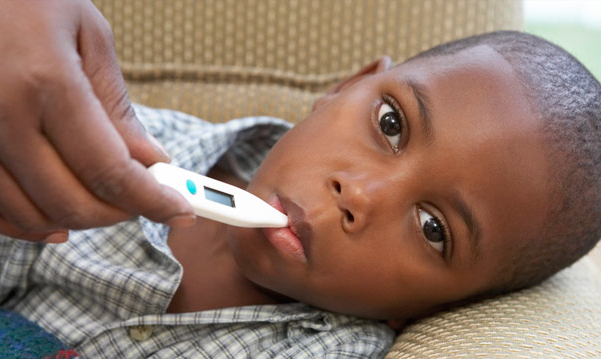On May 14, the U.S. Centers for Disease Control and Prevention (CDC) issued an advisory to doctors about Pediatric Multisystem Inflammatory Syndrome (known as PMIS or MIS-C), a mysterious but potentially lethal condition linked to COVID-19 in children.
PMIS is similar to other inflammatory conditions such as Kawasaki disease and toxic shock syndrome, but it is being recognized as a “new entity.” PMIS has been reported in Washington D.C. and at least 19 states. California has around six cases and New Jersey has about 17. In New York, about 110 cases of PMIS have been reported and three young people aged 5, 7 and 18 were reportedly killed by PMIS.
The CDC diagnosis for PMIS notes that people aged 21 and under qualify for a diagnosis, while it is unknown if anyone older can contract PMIS. A PMIS diagnosis includes a fever of 100.4°F (38°C) or higher that lasts for 24 hours or more, signs of inflammation in the body and hospitalizations with issues in at least two organs such as the heart, lungs, skin, stomach and brain. While PMIS itself is not contagious, coronavirus is still very contagious, and signs of COVID-19 are also needed for a PMIS diagnosis, which is found through recent exposure to someone with coronavirus or through an antibody test.
Common symptoms of PMIS to look out for in children include, but are not limited to: irritability, sluggishness, abdominal pain, diarrhea, vomiting, rash, red or pink eyes, an enlarged lymph node on one side of the neck, red cracked lips or red tongue that looks like a strawberry and swollen hands or feet.
For parents, if your child becomes ill or shows any of the previously listed symptoms, you should seek a doctor immediately and if your child’s illness is severe, you should head to your nearest emergency room or call 911 right away.
Treatment for children with PMIS varies, but it generally includes intravenous immunoglobulin, a blood serum that increases antibodies in the system, and medicines to protect the organs from damage. In order to protect your children from catching PMIS, the same coronavirus precautions should be observed, which are wearing masks, frequent hand-washing and social distancing.







